
The investigational antiamyloid beta (Aß) protofibril antibody previously known as BAN2401 is being submitted to the FDA under the accelerated approval pathway for the treatment of Alzheimer disease.

The investigational antiamyloid beta (Aß) protofibril antibody previously known as BAN2401 is being submitted to the FDA under the accelerated approval pathway for the treatment of Alzheimer disease.

With AMX0035 expected to be submitted to the FDA for review in the coming months, the investigator at the Healey & AMG Center for ALS at Massachusetts General Hospital chimed in to share her thoughts on its potential. [WATCH TIME: 3 minutes]

Jess Holguin, OTD, OT/L, spoke on the unique role occupational therapists can play for patients with neuromuscular and movement disorders.
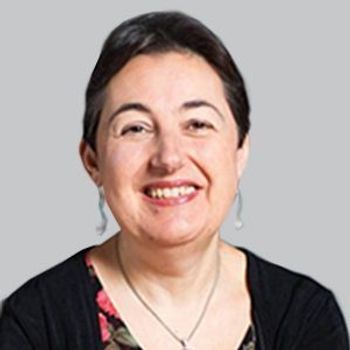
Despite not achieving statistical significance, there was greater relative reduction in seizure frequency over placebo in those with a structural etiology for focal epilepsy than those without, laying the foundation for future research.

Data from the STRIDE patient registry showed that treatment was also associated with a delay in pulmonary function decline for those with Duchenne muscular dystrophy.
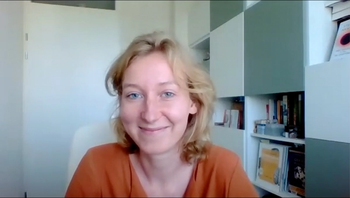
Following her presentation at MDS 2021, the PhD candidate in epidemiology at Erasmus University Medical Center discussed highlights from this year’s virtual congress. [WATCH TIME: 2 minutes]
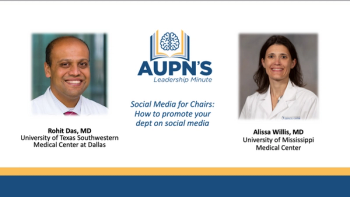
Episode 15 of the AUPN Leadership Minute features Alissa Willis, MD, of University of Mississippi Medical Center; and Rohit Das, MD, of University of Texas Southwestern Medical Center at Dallas. [WATCH TIME: 4 minutes]
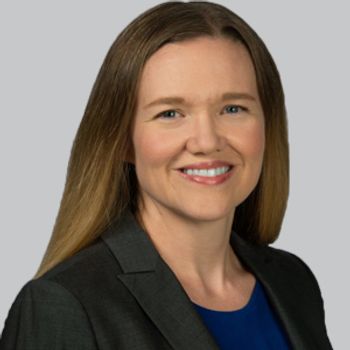
Jessica Caldwell, PhD, director, Women’s Movement Prevention Center, Cleveland Clinic, sat down shed light on the understanding of Alzheimer disease in women and their inclusion in clinical trials.
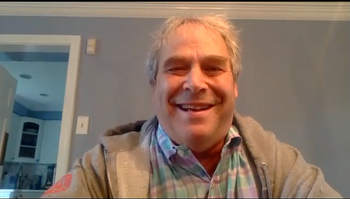
The professor of neurology at the University of Pennsylvania Perelman School of Medicine discussed whether omaveloxolone’s therapeutic benefit is enough for it to become the first approved therapy for Friedrich ataxia. [WATCH TIME: 2 minutes]

Here's what is coming soon to NeurologyLive.

The PhD candidate in the epidemiology department at Erasmus University Medical Center in the Netherlands discussed the need for tailored treatment in light of the COVID-19 pandemic. [WATCH TIME: 4 minutes]
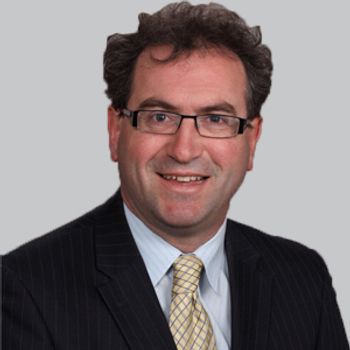
Between PREVENT baseline and end, mean EDSS and Hauser Ambulation Index scores improved with eculizumab (Soliris; Alexion) monotherapy and deteriorated with placebo alone.
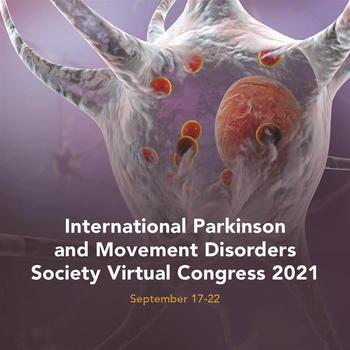
Following MDS 2021, we compiled a roundup of some of our discussions with experts in the Parkinson disease and movement disorders space in one convenient location.

Lucas M. Donovan, MD, MS, discussed key takeaways from a recent study evaluating the integration of telehealth during the COVID-19 pandemic.

The PhD candidate in the epidemiology department at Erasmus University Medical Center in the Netherlands discussed the need for tailored treatment in light of the COVID-19 pandemic. [WATCH TIME: 4 minutes]
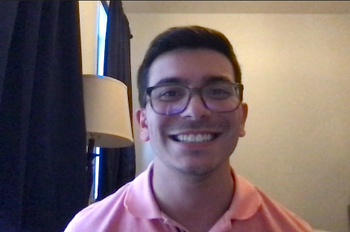
Neurology News Network for the week ending September 25, 2021. [WATCH TIME: 4 minutes]

The findings identified Th2-related cytokines as characterizing for the prognosis of acute episodes of NMOSD at 1 month and found serum NfL to be a likely biomarker of disease severity at attack.

Take 5 minutes to catch up on NeurologyLive's highlights from the week ending September 24, 2021.
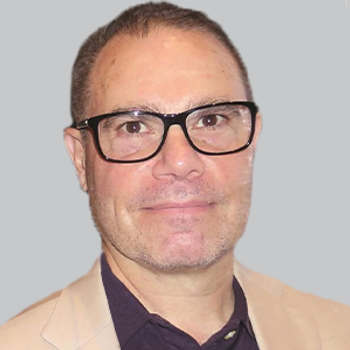
The expanded access program is designed to provide individuals with ALS who are not eligible to enroll in the Healey ALS Platform Trial access to CNM-Au8.

The director of the UAB Huntington's Disease Clinic offered his insight on a recent assessment of HD genetic testing at HDSA Centers of Excellence, and the associated costs for patients.

The professor of neurology at the University of Pennsylvania Perelman School of Medicine discussed his presentation at MDS 2021, which highlighted the therapeutic benefit of omaveloxolone in Friedreich ataxia. [WATCH TIME: 2 minutes]

"Mind Moments," a podcast from NeurologyLive, brings you an exclusive interview with Patricia Bobryk, MHS, PT, MSCS, ATP.
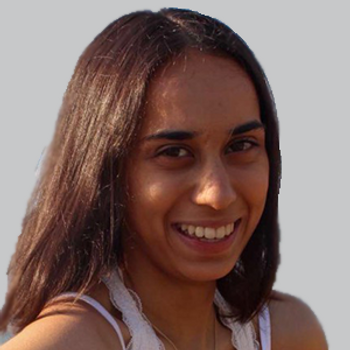
Data suggest that certain activities of daily living are more prevalent depending on whether the caregiver is a man or a woman.
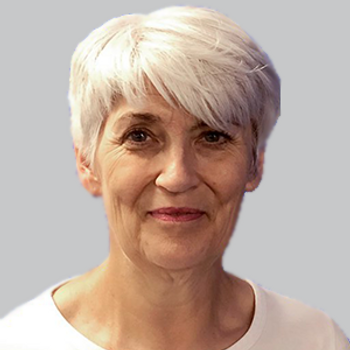
Helen Colquhoun, MD, vice president of early development at Sage Therapeutics, commented on results from a phase 2 study in which patients receiving SAGE-324 showed a significant decrease in ET.
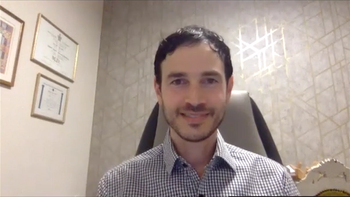
When asked about developments, the neurologist and movement disorders specialist at Sheba Tel-HaShomer Medical Center in Israel commented on the need to identify disease-modifying therapies. [WATCH TIME: 3 minutes]
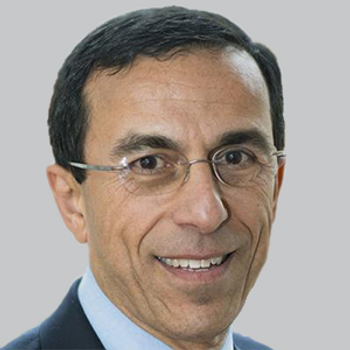
At the Third International Congress on the Future of Neurology, experts in the care of sleep medicine offered insight into sleep and the glymphatic system’s roles in the development of dementias.
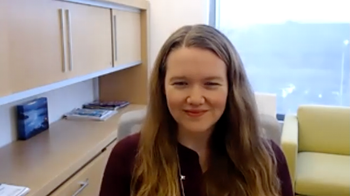
The director of the Women’s Prevention Center at Cleveland Clinic discussed why understanding genetics may help drug development of Alzheimer disease treatments. [WATCH TIME: 2 minutes]
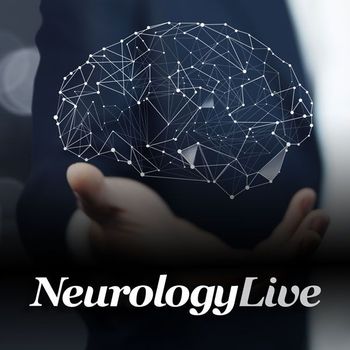
More than 80% of those with NMOSD experienced disease relapse 6 months after discontinuation of immunosuppressive therapy.
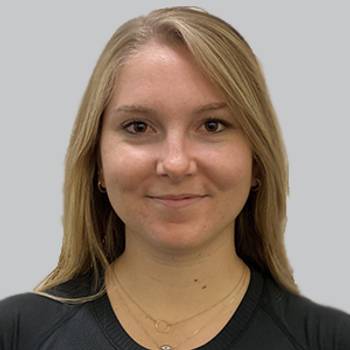
Data were collected from the MDS’s membership worldwide, assessing current practices, concerns, and barriers to genetic testing.

Data found that synchronic dance classes conducted through Zoom may be particularly effective for patients who live remotely.